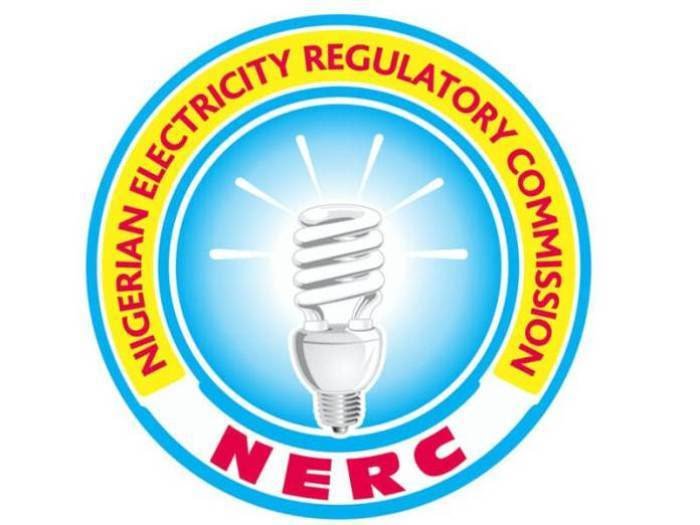Ten out of the 11 electricity distribution companies (Discos) in Nigeria’s power sector have said that they will take part in a planned forensic audit of their operational activities by the federal government through the Nigerian Electricity Regulatory Commission (NERC) and the World Bank if certain conditions are guaranteed to them.
This is coming as the NERC at the weekend released guidelines for heavy electricity consumers who wish to exit the services of Discos to get supply directly from the Generation Companies (Gencos).
The Discos, excluding Yola, met with a team from the World Bank last week, and a copy of their deliberation was obtained by our correspondent.
In it, they insisted on the inclusion and execution of a comprehensive audit of the entire power sector as one of the conditions that must be met to guarantee their participation in the audit.
They equally told the World Bank, which intends to support Nigeria’s power sector with funds through the Power Sector Recovery Plan (PSRP) that the NERC miscalculated the total tariff shortfall in the sector by N53 billion.
According to them, the total tariff shortfall in the sector so far was N2.17 trillion and not N1.64 trillion as calculated by the NERC.
The Discos explained that the NERC did not consider the collection losses incurred from government’s Ministries, Departments and Agencies (MDAs) as well as exchange rate differentials.
The World Bank had noted that its board of directors approved $750 million in International Development Association (IDA) credit to improve the reliability of electricity supply, achieve financial and fiscal sustainability, and enhance accountability in the power sector in Nigeria. The approval was part of the PSRP.
In their meeting, the Discos noted that they were not, “averse to NERC’s audits, given that NERC periodically conducts annual and open book audits of their financial books,” but they were concerned with the intentions of the planned forensic audit.
“At a minimum, the definition of forensic audit conveys the following: A wide range of investigative activities that are conducted to prosecute a party for fraud, embezzlement, or other financial crimes.
“A process where an auditor may be called to serve as an expert witness during trial proceedings for financial fraud disputes related to bankruptcy filings and business closures.
“An examination and evaluation of a firm’s or individual’s financial records to derive evidence that can be used in a court of law or legal proceeding,” they told the Bank.
They added that the forensic audit implied that they had failed in their operations but that the financial troubles of Nigeria’s power market were directly related to historical policy and regulatory inconsistencies as well as commercial and technical misalignments.
In this regard, they stated that: “An audit of the Discos without a complete system audit of the value chain, would not necessarily yield the desired sector/market discipline, transparency and improved governance.”
“The PSRP financing plan and the distribution recovery operations are unlikely to succeed without a commercial and technical alignment of the NESI value chain. A forensic audit creates a criminal narrative against the Discos,” they added.
The Discos explained their preference for a holistic audit of the power sector, stating that regulation of the industry has been politicised with inconsistent tariff making and implementation; just as gas-to-power price has remained dollar-denominated as well as the pipeline network and commercial framework of the subsector inadequate to support the entire electricity industry.
They also said that questionable available generation capacity, opaque Power Purchase Agreements, the inconsistency of grid invoicing, frequent collapses of the transmission network as well as payment indiscipline, high Aggregate Technical Commercial and Collection (ATC&C) Losses and load rejection were the other reasons for their preference for a holistic audit.
“A forensic audit sends the wrong signal and perception of government’s scapegoating of the Discos’ investors and operators for the purpose of other malicious intent, (it) promotes perceived political bias against Discos investors and potentially worsens the lack of investment interest in the sector and ignores the fact that Discos are subject to annual audits, as well as periodic open book audits,” they further stated.
The Discos, therefore, noted that the “validity of any such audit must be based on the neutrality of auditors.
“We recommend a system audit for the entire power sector value chain. Clarification by the World Bank on the exact type of audit required for its intervention in the Nigerian power sector; exploration of alternative options of due diligence for the distribution sub-sector, relative to the World Bank’s potential loan to same.”









